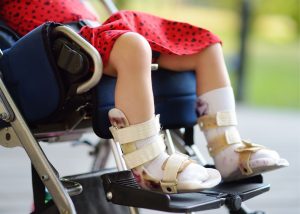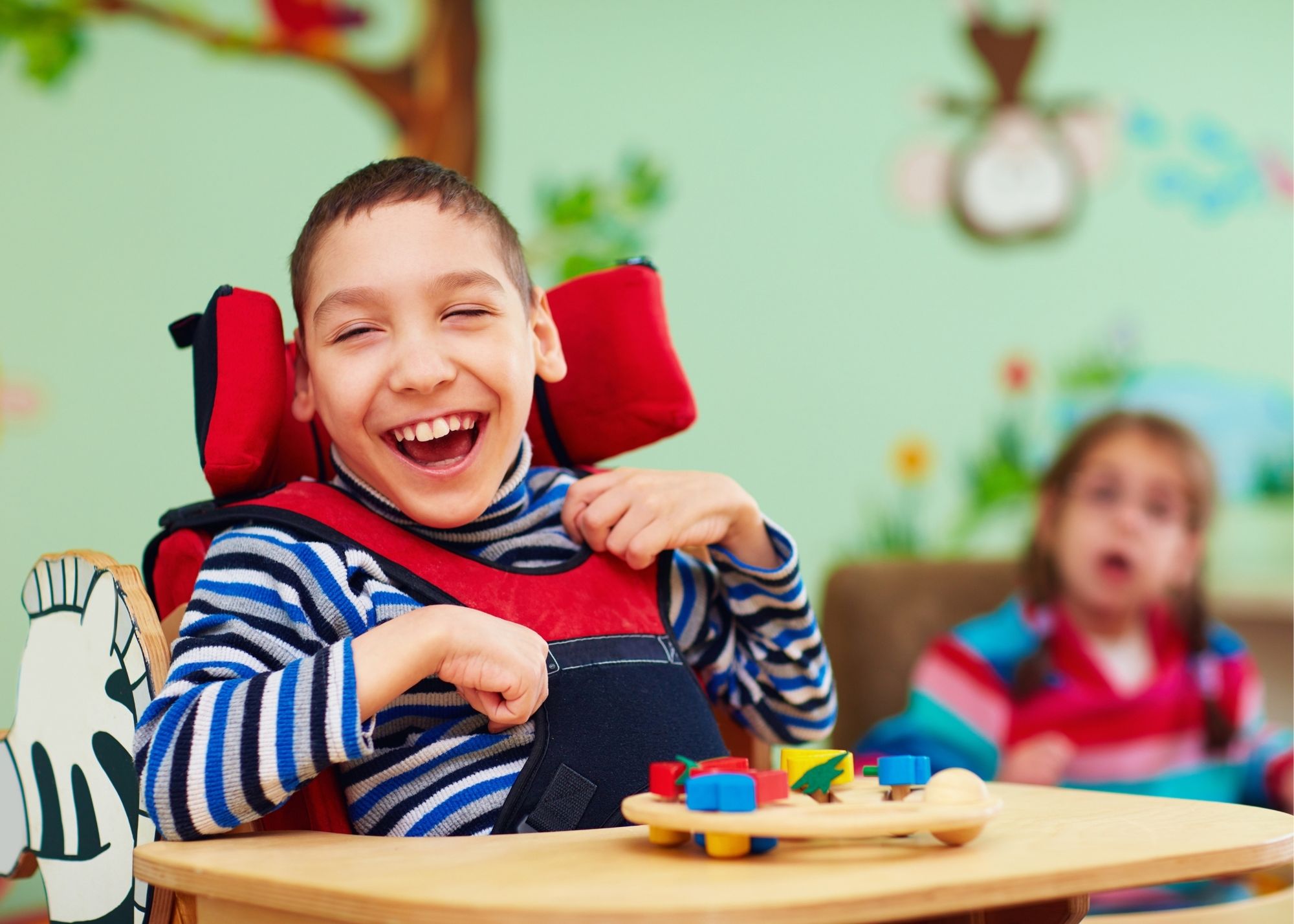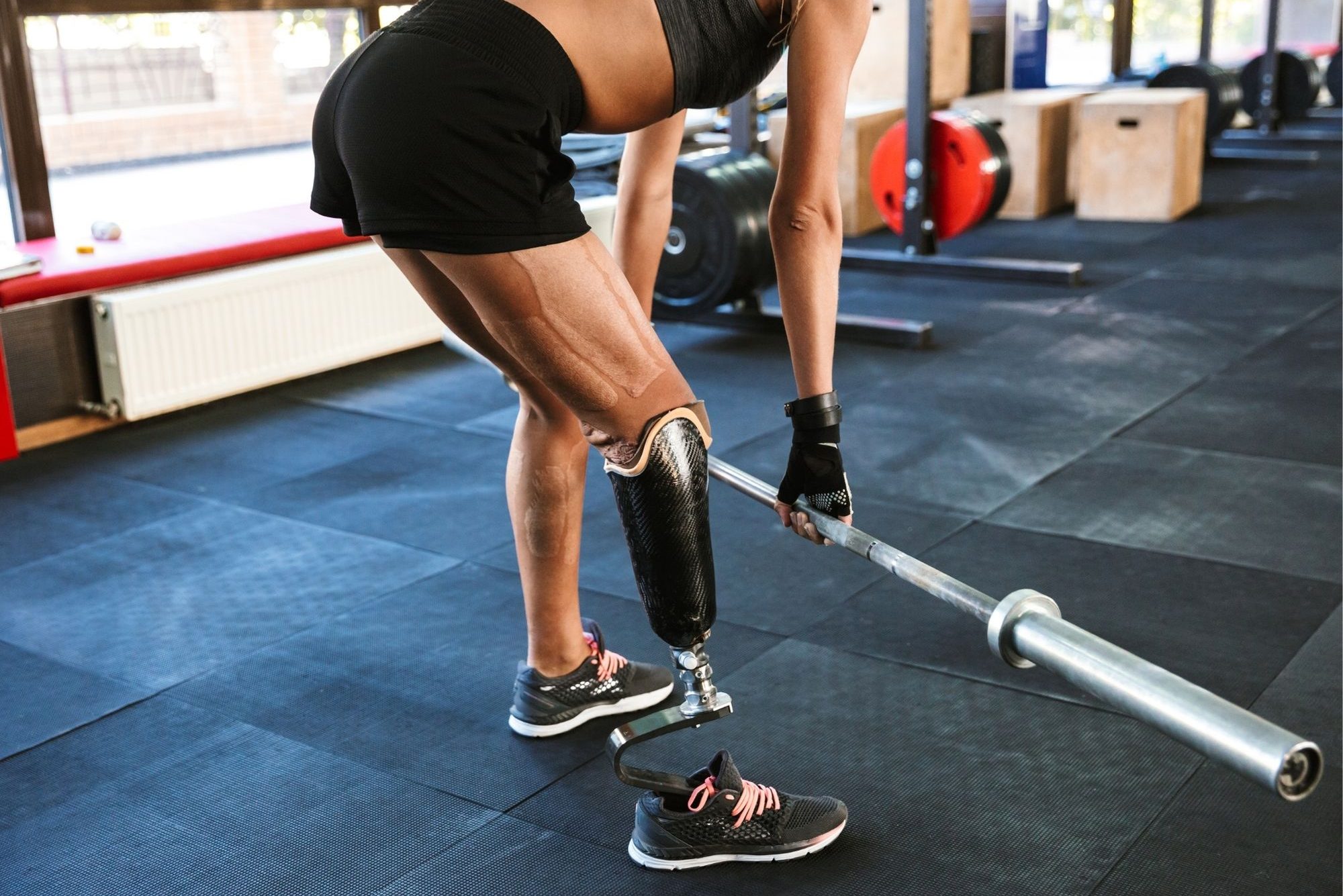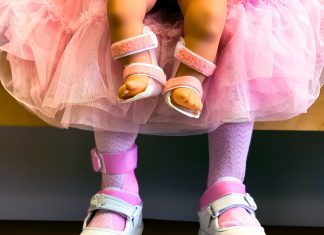I feel ashamed to admit that I used to be “that person” — the one who always smiled at people with disabilities but felt ingenuine in social situations and awkward asking questions.
Thankfully, when I went to college I met new people who had various neurodivergencies and disabilities. While I said and did many awkward things along the way, I’m grateful that these wonderful people I’m lucky enough to call my friends took the time to correct my language and call me out on being ableist.
But now let’s flash forward to the beginning of the new school year for my disabled and neurodivergent preschooler (after 18 months of virtual school).
I know she has classmates who have innocent questions and are naturally curious — and that’s OK. I know there are moms out there who are trying to navigate talking to their kids about disabilities and neurodivergencies. Our responses to our children’s questions matter. Children are very perceptive. If we feel anxious or awkward, they may feel anxious or awkward too.
So let’s talk about it.
As a mom of a disabled and neurodivergent child, here are the things I want you to know when talking to your children about disabilities and neurodivergencies.

Disabilities and neurodivergencies aren’t inherently good or bad, they just… are.
Disabilities aren’t something to fear, pity, or be awkward about. Emphasize that people with disabilities are a lot like them. They have likes, dislikes, hobbies, and friendships just like everyone else. Disabled people aren’t “just” their disability; their disability or neurodivergency is just ONE thing about them.
Let your kids know that pointing, staring, or laughing is not OK.
Nobody likes to be pointed out, stared at, or laughed at.
Tell your child what to do when they see someone with a disability and want to talk to them. Then, practice.
Be explicit. Tell them it’s OK to go over and introduce themselves. Ask what the person’s name is. Find similarities to talk about (“I like your pink shoes — pink is my favorite color!”). It’s OK to ask questions, but use an inquisitive tone and not a judgemental one. Practice what it means to have an inquisitive or curious tone, and provide examples of what a judgemental tone sounds like.
Talk about what it means to be compassionate and sensitive.
Explain the difference between questions that are curious and questions that could make someone feel upset or hurt their feelings. Make sure you use explicit and age-appropriate examples.
Don’t shush, shame, or ignore questions that “feel embarrassing.”
This sends a message that disabilities are shameful or taboo. Remember, your kid is curious but doesn’t have the language to express it appropriately. If your child says something like, “What’s wrong with that person?” be casual and answer the question. For example, you might respond by neutrally saying, “There’s nothing wrong, you’re just noticing something different about them. That person looks like they use a prosthetic leg to help them walk.” I will say, though, please be compassionate if your kiddo asks a question like this to another child.

Use direct language while explaining adaptive equipment.
Names for adaptive equipment aren’t dirty words. Wheelchair, service animal, crutches, prosthetics, hearing aids, orthotics, feeding tubes, canes, and AAC devices are all just nouns. They aren’t inherently good or bad, they are simply items used to make the world more accessible for people who may need them.
Replace words with “accessible” when possible.
Handicapped parking can easily be referred to as accessible parking. Special education is really accessible education. The handicap entrance or bathroom can be called the accessible entrance and accessible bathroom.
Talk about people with disabilities and without disabilities with the same tone and body language.
It’s easy to unconsciously stigmatize a person when you talk about them in a different way than you would talk about someone else. Tone and body language are important — your kids will emulate it. And please, don’t crack inappropriate jokes, use slang, or utilize outdated or offensive language. Avoid using “normal,” “wrong,” “weird,” and “bad.”
Ask before you help.
It might seem like the “right” thing to do to automatically help a disabled or neurodivergent person do something others are able to do easily. Putting someone’s groceries onto the conveyor belt without asking them or assuming that the gentleman with a cognitive disability can’t mail his letter by himself is insulting. It’s great to model being a helper, but don’t send the message that people with disabilities or neurodivergencies are incompetent or incapable.
Be OK with saying, “I’m not sure. let’s find out more about that together.”
You’re never going to have all the answers. In fact, at this point I recognize that I rarely have some of the answers. It’s OK to not know, but it also matters that you take the time to show your child it’s important to learn more about disabilities and neurodivergencies.
















WELL DONE MY DEAR NIECE. YOUR INFORMATION IS SUCCINCT AND INVALUABLE. YOU NAILED IT !!!!!! I AGREE WITH YOU—YOU SHOULD BE PROUD OF YOURSELF. MICHELE, THE YOUNG MUTE STUDENT OF YEARS PAST IS NOW THE MOTHER OF FOUR AND THE EXEC/OWNER OF A MULTI DUNKIN DYNASTY.
LOVED THE PHOTOS OF NOELLE AND HER MANY COLORED RIBBONS. SHE’S ON HER WAY TO CHAMPIONSHIP DREAMS–.